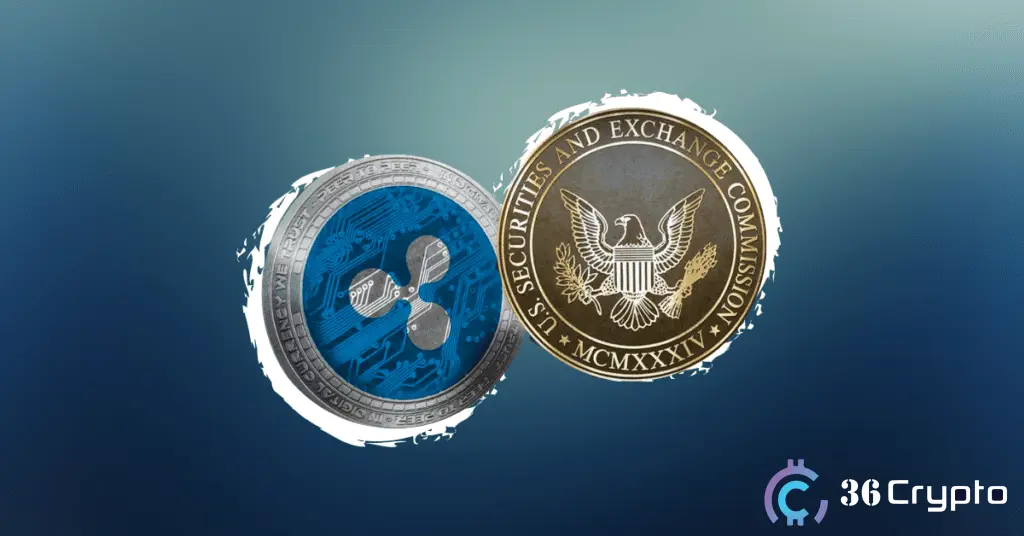The Ripple vs. SEC legal battle has taken a crucial turn as the Second Circuit Court of Appeals mandates the SEC to submit its following brief by January 15, 2025. This deadline clarifies the case’s timeline following recent procedural confusion, bringing urgency to the high-profile dispute surrounding Ripple’s XRP token. Attorney Bill Morgan highlighted the weight of this deadline, noting that the court has made the repercussions of any delay clear, underscoring the court’s focus on maintaining case momentum.
Meanwhile, international expansion continues to be active for Ripple, which is experiencing legal challenges in the American market. It recently obtained a license from the DFSA, enhancing the company’s position in the Middle Eastern market. About 20 percent of Ripple’s clients are in the UAE, which lies at the heart of Ripple’s international development. The license provides much-needed backing for Ripple as it continues to seek to expand its reach to broader markets with the XRP and the XRP Ledger.
Also Read: Ripple’s Legal Battle Nears Resolution as Court Proposes Swift End with XRP Set for Potential Boost
Ripple’s Global Strategy Amid U.S. Legal Challenges and XRP ETF Potential
Ripple CEO Brad Garlinghouse recently expressed optimism over a potential XRP Exchange-Traded Fund (ETF), hinting that it could follow Bitcoin’s recent success in the ETF space. According to Garlinghouse, ETF for XRP may create demand, increase the token’s liquidity, and provide more opportunities for institutional investors. XRP ETF could be a significant milestone for Ripple – offering a desirable investment product for institutional and retail traders.
The SEC’s enforcement strategy has taken aback some of the industry players. Brian Armstrong of Coinbase recently came out in support of reform and suggested a new approach that fosters the continued evolution of this financial model while at the same time protecting consumers. Due to the increasing incidence and amount of cases and assets under the SEC’s consideration, there are demands to rationalize the regulation system.
As Ripple and the SEC prepare for the January deadline, the case’s outcome could impact various digital assets. A ruling favoring the SEC might introduce stricter regulations across the sector. However, a Ripple victory could bolster the push for a more flexible, innovation-supportive approach to crypto regulation.
Conclusion
Ripple’s steady international expansion highlights its resilience in the face of legal challenges, while the court’s new directive may shape the future of crypto regulation in the U.S.
Also Read: Ripple Targets $20 Trillion Custody Market with New Guide for Banks
